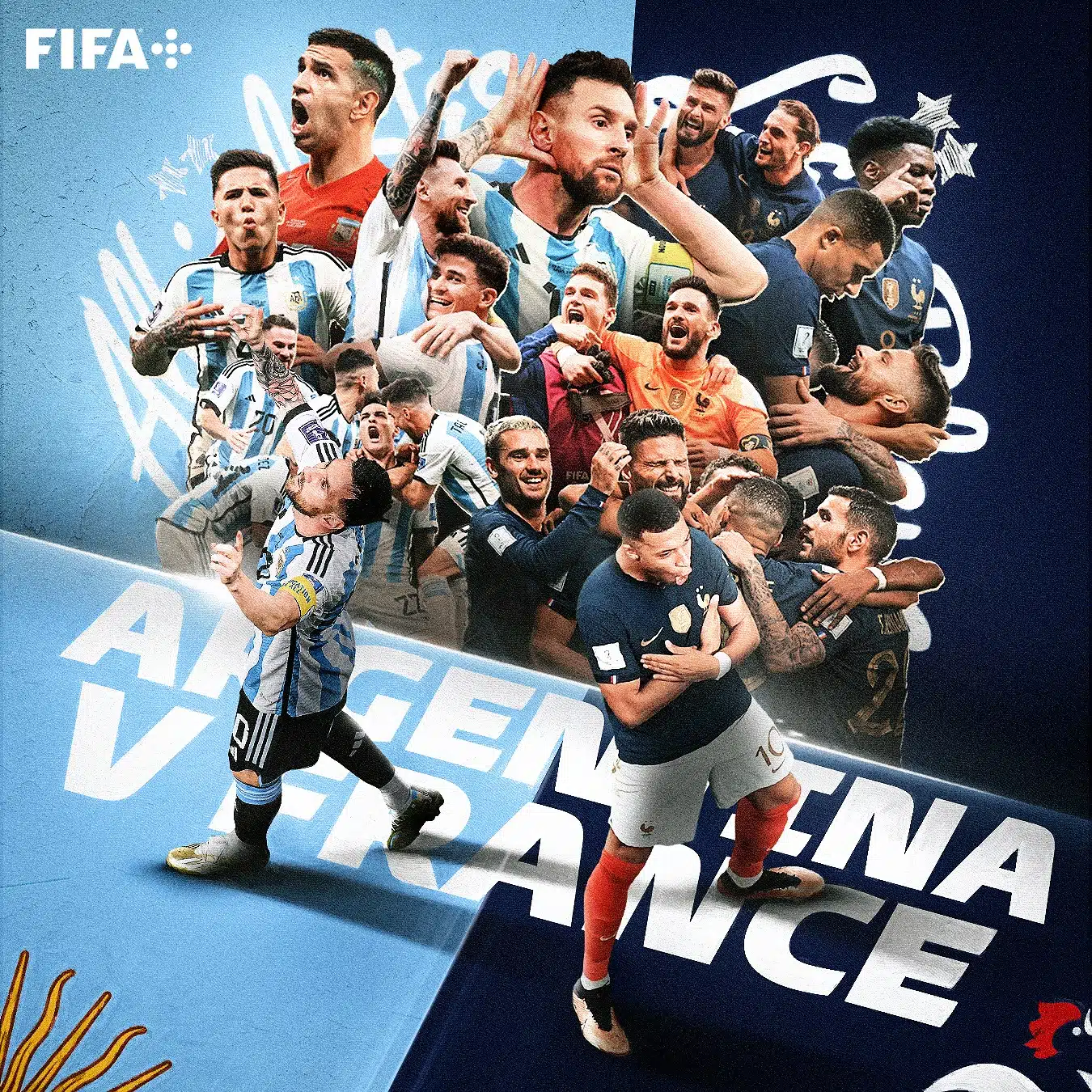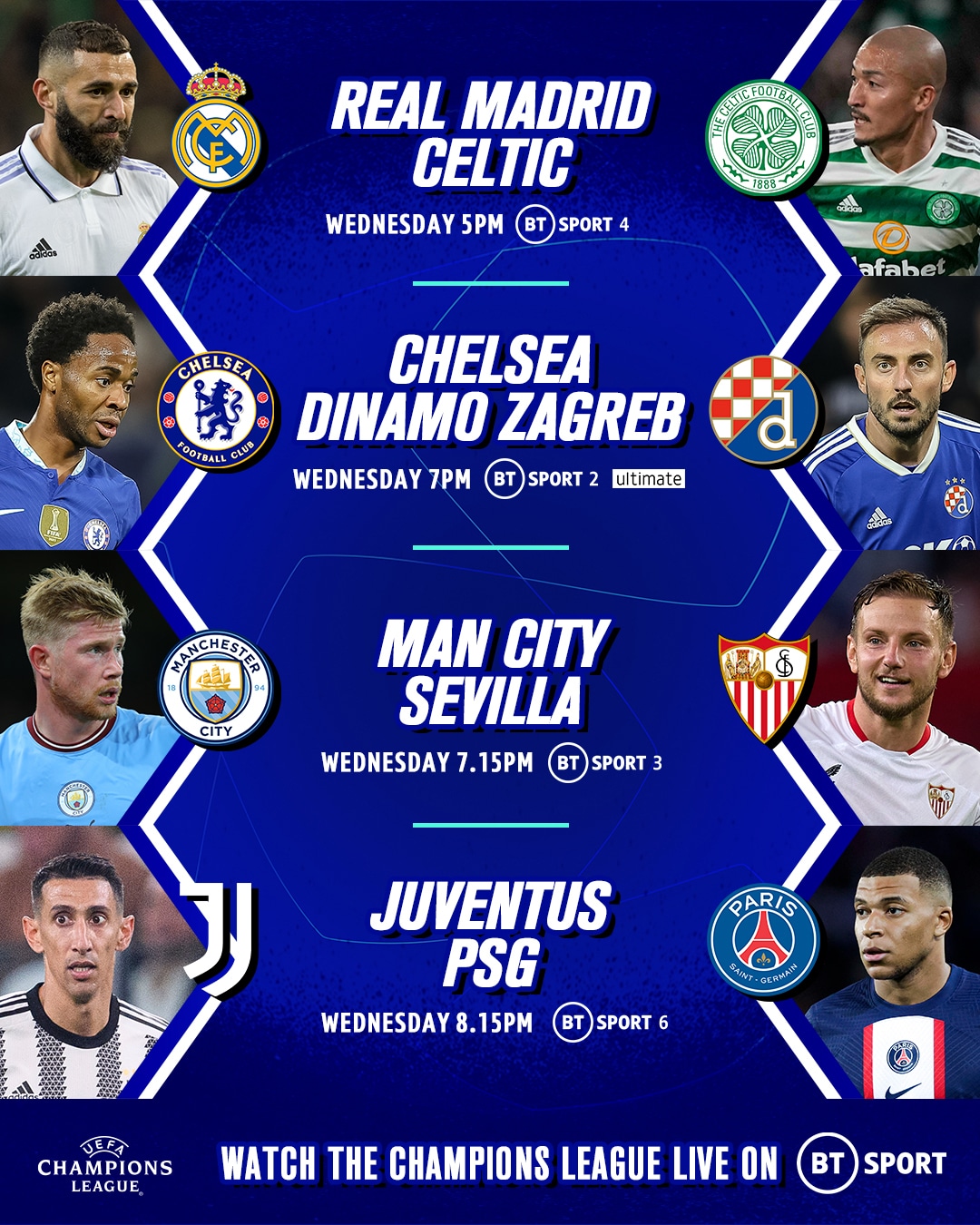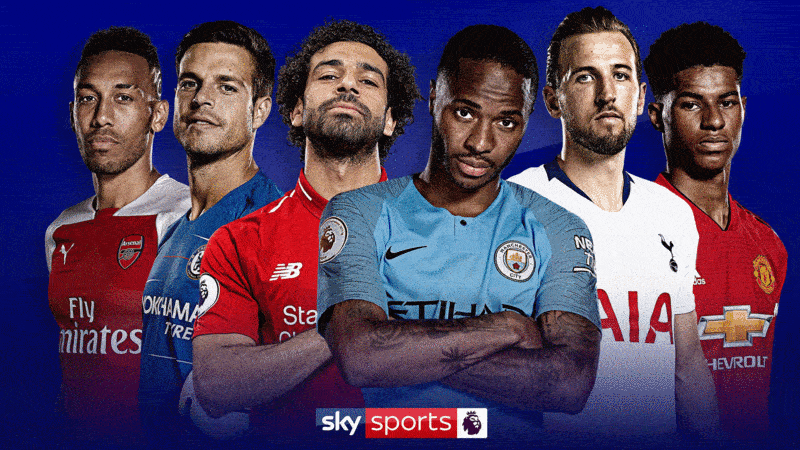Joachim Löw has announced his provisional 27-man squad for the FIFA World Cup in Russia this summer. Bundesliga superstars Manuel Neuer and Marco Reus have made the cut despite recent injuries, but there’s no place for Mario Götze, who scored the winning goal in the final against Argentina four years ago.
Naturally as the home of the world champions, the Bundesliga has contributed some 18 players to the provisional selection, with the remaining nine all honed in Germany’s top flight. Now attention turns to how Löw might assemble his embarrassment of riches in Russia.
Germany’s preliminary 27-man World Cup squad:
Goalkeepers: Bernd Leno (Leverkusen), Manuel Neuer (Bayern), Marc-Andre ter Stegen (Barcelona), Kevin Trapp (PSG)
Defenders: Jerome Boateng (Bayern), Matthias Ginter (Gladbach), Jonas Hector (Cologne), Mats Hummels (Bayern), Joshua Kimmich (Bayern), Marvin Plattenhardt (Hertha), Antonio Rüdiger (Chelsea), Niklas Süle (Bayern), Jonathan Tah (Leverkusen)
Midfielders: Julian Brandt (Leverkusen), Julian Draxler (PSG), Leon Goretzka (Schalke), Ilkay Gündogan (Man City), Sami Khedira (Juventus), Toni Kroos (Real Madrid), Mesut Özil (Arsenal), Sebastian Rudy (Bayern)
Forwards: Mario Gomez (Stuttgart), Thomas Müller (Bayern), Nils Petersen (Freiburg) Marco Reus (Dortmund), Leroy Sane (Man City), Timo Werner (Leipzig)
Germany’s Road to Russia:
Germany qualified for the finals in Russia with a perfect record of 10 wins from 10 in UEFA Group C. No fewer than 21 players found the target as Die Mannschaft became just the second team in history – after Spain in 2010 – to progress with a 100 percent record. Löw nonetheless showed certain predilections…
First among them was a preference for a 4-2-3-1 which has become the formation du jour in Germany. The world champions used it in seven of their 10 wins. Familiar faces from 2014 racked up the minutes – Mats Hummels and Thomas Müller started eight and nine games respectively – while their Bayern Munich teammate Joshua Kimmich removed any doubts that he would be the natural successor to the retired Philipp Lahm at right-back, scoring two and providing a team-high nine assists.
Löw initially struggled to settle on his first-choice centre-forward with a Miroslav Klose-shaped gap to fill, though. Götze, Sandro Wagner and Lars Stindl started three games apiece. Götze played the most minutes with 323, Wagner scored the most goals with five, yet not one of that trio will be in Russia. Stindl is injured, while Götze and Wagner are surprise exclusions.
Familiar faces:
As if Germany’s sheer strength in depth wasn’t abundantly obvious already, just look at the players that haven’t even made Löw’s provisional 27-man squad. Andre Schürrle assisted Götze for that winner four years ago, yet the pair will watch on, alongside Julian Weigl, as Reus leaves as the only Dortmund player joining up with Germany in Russia.
Benedikt Höwedes, who spent last season on loan at Juventus from Schalke, played seven of Germany’s eight games in Brazil, but he may not get another chance to add to his 44 caps despite only turning 30 in February.
There is still time for Serge Gnabry, the Bayern-owned forward who ended the season with seven goals from 14 Rückrunde games with Hoffenheim, though teammate Sven Ulreich might not be so lucky, with Neuer’s return ending any lingering hopes he may have had.






